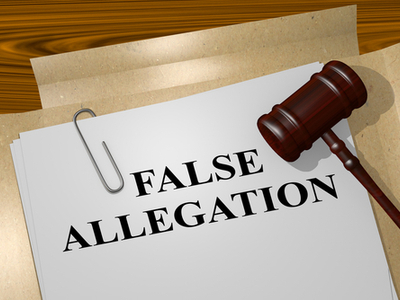As employers well know, the Fair Labor Standards Act (“FLSA”) permits employees to file suits on behalf of themselves and others who are “similarly situated.” 29 U.S.C. 216(b). In practice, this often means large employers find themselves defending against a single or handful of employees attempting to certify a collective action that includes hundreds or thousands of employees nationwide. Many times, the collective group includes employees in states where the plaintiffs have never worked. However, as a NY federal court recently reminded us, while plaintiffs’ evidentiary burden is not onerous at this stage, lack of knowledge about the employees in other states continues to be an obstacle for plaintiffs in obtaining conditional certification. On the opposite side of the coin, this failure of evidence can be utilized by defendant employers to narrow the proposed collective group or altogether prevent the conditional certification of a collective action. READ MORE
In Nationwide Conditional Certification, Evidence Still Matters


